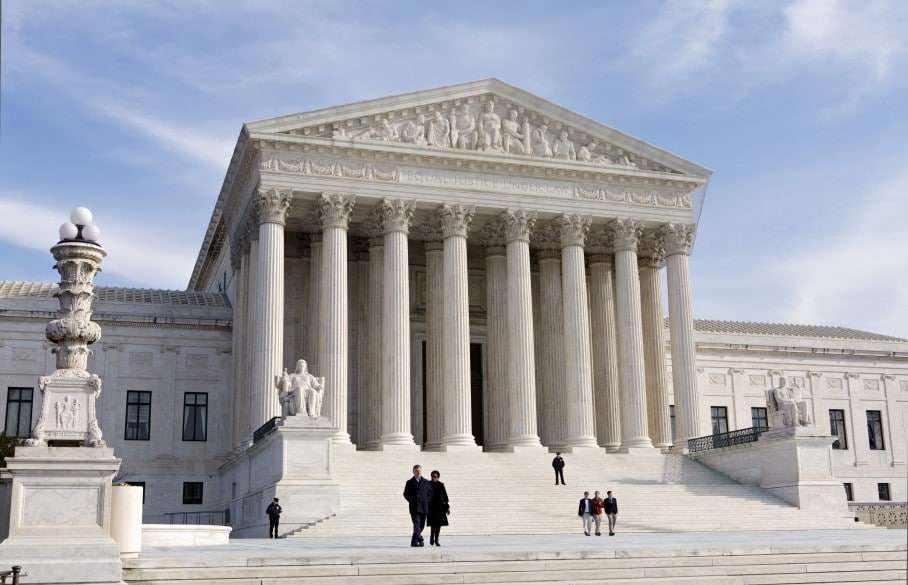The Volokh Conspiracy
Mostly law professors | Sometimes contrarian | Often libertarian | Always independent
The best and worst Supreme Court decisions

Time magazine asked a group of very prominent law professors to name the best and worst Supreme Court decisions since 1960. You can see the worst here and the best here.
It's interesting how many of the explanations focus on consequences. Most of the answers explain the decisions as the best or the worst based on whether their effects were really good or really bad for America. Not all of the answers fit this description, but the majority do. And all of the answers name constitutional law decisions instead of statutory or regulatory cases.
To give you a flavor, here's Cass Sunstein on the best decision:

And here's Sunstein on the worst decision:

Sunstein chose an interesting pairing. Both his "best" and "worst" adopted broad interpretations of the First Amendment, with the big difference apparently being Sunstein's view of the consequences of those broad interpretations.
Perhaps it's natural to interpret "best" and "worst" in light of consequences. But there are other options. Asking for the best and worst is inherently ambiguous, as it leaves open the criteria by which you measure quality. For a legal decision, you could interpret best and worst based on which opinion was the best or worst reasoned. Or you could measure it based on which was the most faithful to the underlying text or history. Or you could use some other criteria.
It's interesting, at least to me, that so many prominent law professors focused instead on consequences.
The most prominent exception is Bush v. Gore, which several liberal scholars name as the worst opinion based at least in part on its partisan nature or the unpersuasiveness of its reasoning. But even some of Bush v. Gore criticism is consequentialist. For example, one professor names the case as the worst because it led to "wars in the Middle East and the equally bad decision in Citizens United."


Show Comments (0)